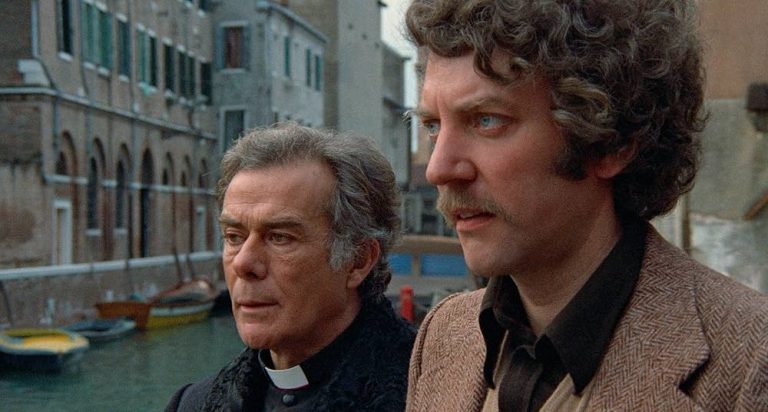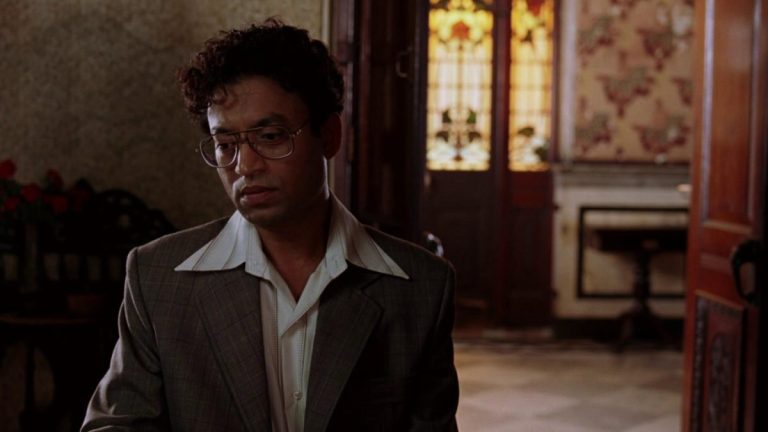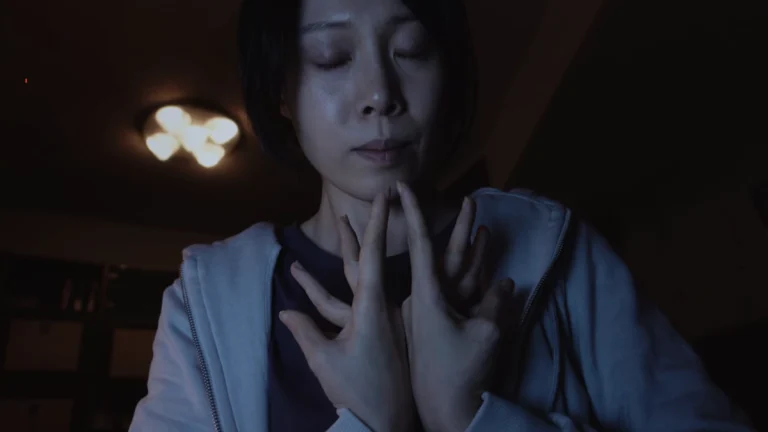In 1994, Winona Ryder was at the peak of her powers. Only a year ago, she was nominated for an Academy Award for her performance in Martin Scorsese’s period movie “The Age Of Innocence.” Ryder was due for the role of Jo March in Gillian Armstrong’s adaptation of “Little Women.” She had been doing period pieces or art films in a row, so when “Reality Bites” was released, it was a delightful change of pace – a cheeky rom-com following the lives of four college graduates as they navigate their lives. As per reports, Ryder immediately fell in love with the screenplay after she read it. “I think my character is very close to what I probably would have ended up doing if I wasn’t an actress,” she said in an interview.
“Reality Bites” attempts to do just that: over the course of 99 minutes, four college graduates attempt to make their way in a world full of horrible bosses, lousy pay, or lack of opportunities. It is a film that tries to show the harsher reality of people who hadn’t yet made it big or maybe didn’t have the intention to ‘make it’ in the first place. In one of the film’s first scenes, the characters are drunk on a rooftop after graduation, discussing what they want to do with their lives. Vickie wants to dodge her student loan officer, Troy laughs at the very idea of college graduation, and Sammy forlornly says that he just wants a career. Lelaina, or Laney, the character played by Winona Ryder, instead says that she wants to make a difference in people’s lives.
Laney is established as the realist in the story who still has lofty ambitions. With her parents devolving into petulant children waging a war of divorce, Laney was forced to take care of herself at a far too young age. All she wants is to be a documentarian, yet she works as an assistant at a mediocre morning show, earning 400 dollars a week. Her boss states her irrelevance when he says he could fire her in a second and have an intern do her job for free. Even Laney’s initial romantic pairing with Ben Stiller’s character, Michael, a wealthy executive, shows how much she values stability.
Laney’s delicate world is shaken when she gets fired after her impulsive attempt at pranking her boss. The brutal reality of the job market is then revealed, where despite being a college valedictorian and having an impressive resume, Laney is still rejected by all the employers in her field. At rock bottom, she begins to fall for an alternative way of life, personified by her long-time friend and primary love interest, Troy.
Troy is everything that Laney scoffs at – he is unemployed and unable to stay at a job long enough to make a career out of it. Instead, he hangs out in coffee shops and plays with his band at bars. He is happy with not having a career. “This is all we need. A cup of coffee, a couple of smokes, and a little bit of conversation,” he tells Laney. In true rom-com style, after battling it out with herself, Laney chooses Troy and the passion that he brings to her life over the safety of her relationship with Michael.
“Reality Bites” attempts to show the gritty reality faced by young adults entering an increasingly uncertain job market but instead gets carried away by its commitment to the rom-com formula. Troy never manages to get a job, and we never get to know what happens to Laney’s career. Most of the questions that should have been answered are left hanging.

One of the four characters, Sammy, has limited screen time. It is initially spent establishing that he is gay and then documenting his attempt to come out to his mother. He practices the speech with his friends, and then the movie cuts to the scene of him waiting outside his mother’s house, awaiting her verdict. They all joke about it, but it’s still an uncertain moment, as we can read from Sammy’s face. Whether or not his mom accepted him is never mentioned again in the film.
But maybe that is the point. Writer Helen Childress wrote the screenplay in 1990, during the recession. More than an answer to everything or even a profound meditation on the state of the world, it was meant to be an acknowledgment of the struggles of her youth. To put down the harsh realities but then erase them a moment later with an idealistic plot progression. Realism injected into a snow globe world. “Reality Bites” touches ever so slightly on the ’90s AIDS epidemic when Laney’s friend and roommate, Vickie, gets an STD scare due to her promiscuous lifestyle.
In a vulnerable moment, she tells Laney how scared she is that she might die unloved. How she believes no one would ever commit to her, and how that underlying belief makes her leave her sexual partners before they get a chance to leave her. Laney simply tells her that everything will be okay, and sure enough, the film confirms this message when, later on, Vickie’s test results come out negative.
“Reality Bites” has been hailed as one of the best movies that captures the Gen X experience. But how effectively can you capture an experience if you only mention one part of the struggle? The film is irritatingly devoid of any actual representation. Houston, where the film takes place, had one of the highest populations of black people in the 80s and 90s, so it is surprising, if anything, that a movie that tries so hard to be hip and self-aware forgets their existence.
Even when Laney’s snow globe world is shaken, the pieces still fall perfectly into place. After Troy’s big confession scene, where he reveals that he is still in love with Laney, the song ‘When You Come Back To Me’ plays. “If we should fall, love will catch us every time.” the song goes. The song is a testimony to the film’s youthful abandon – Laney and Troy are together and in love, Sammy comes out to his mother, and Vickie is not dying. For young people drunk on life, only the little things matter. And if anything, “Reality Bites” captures this well enough.






